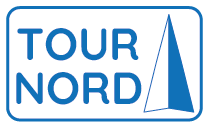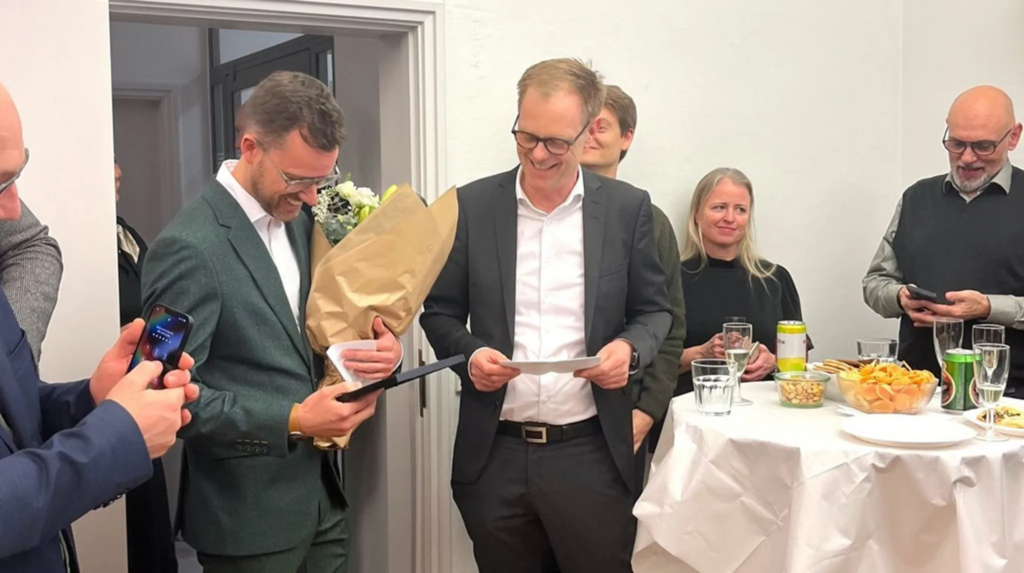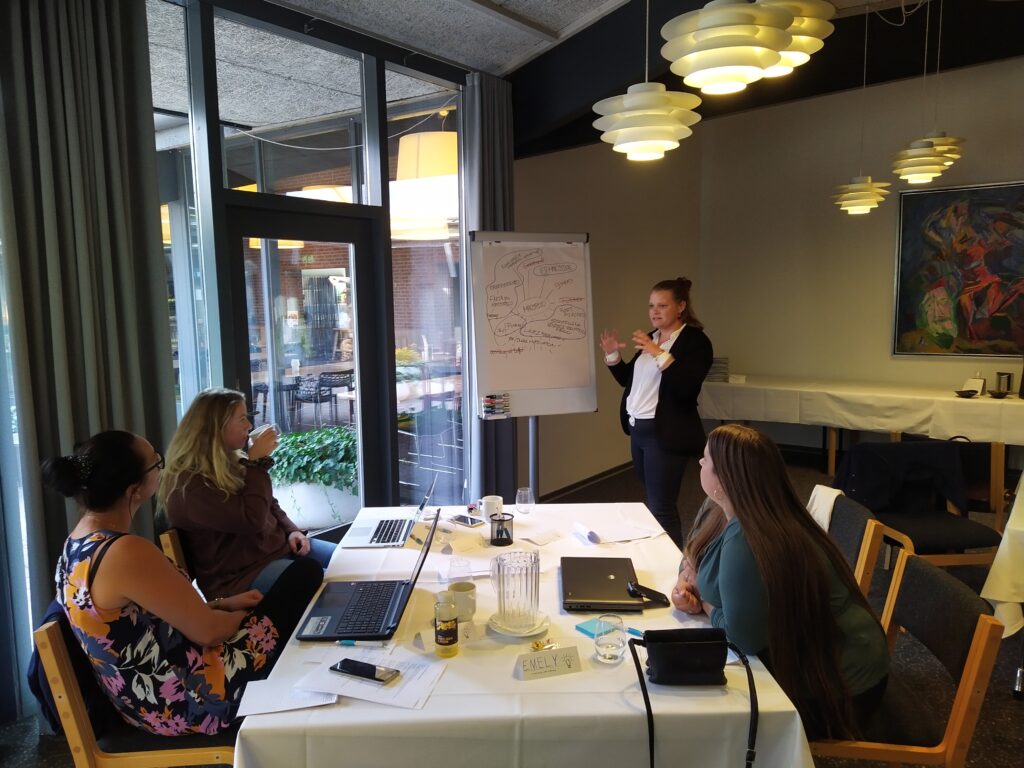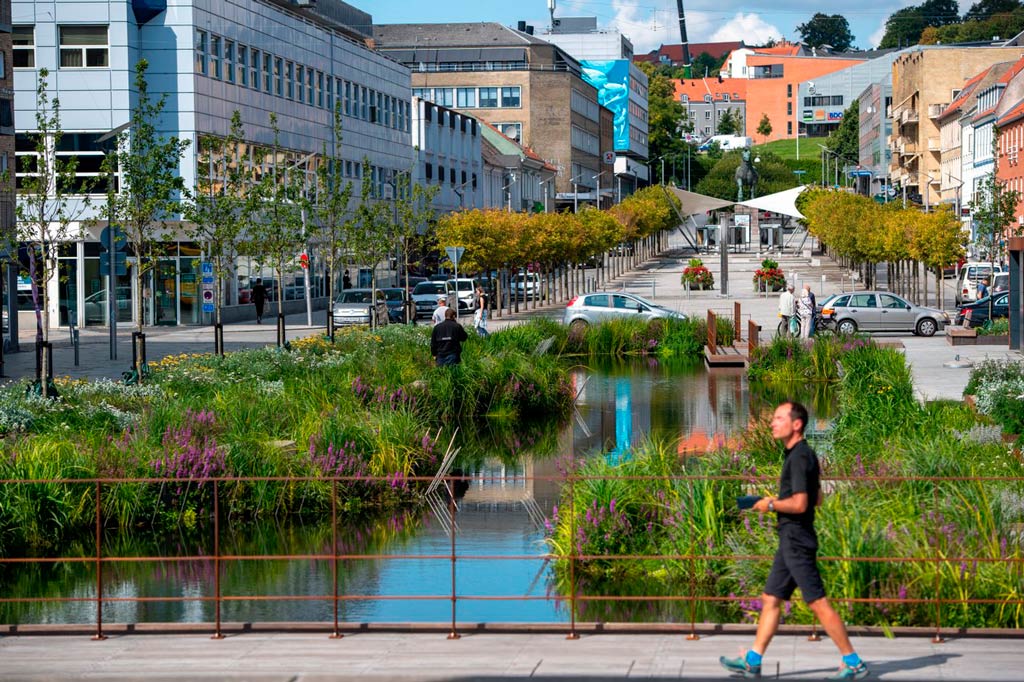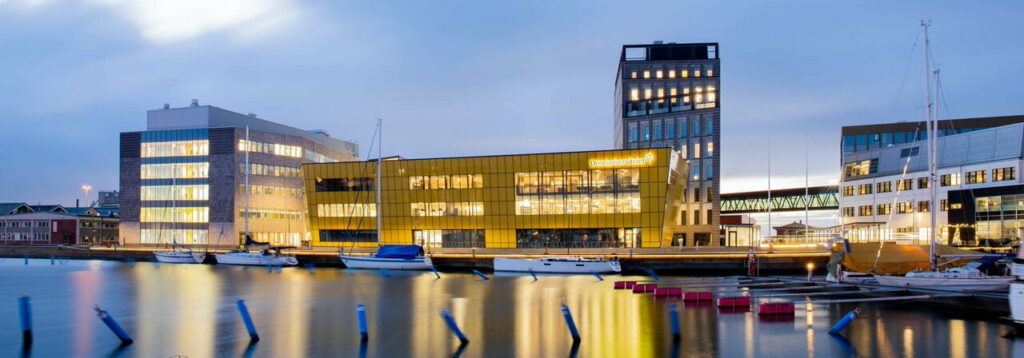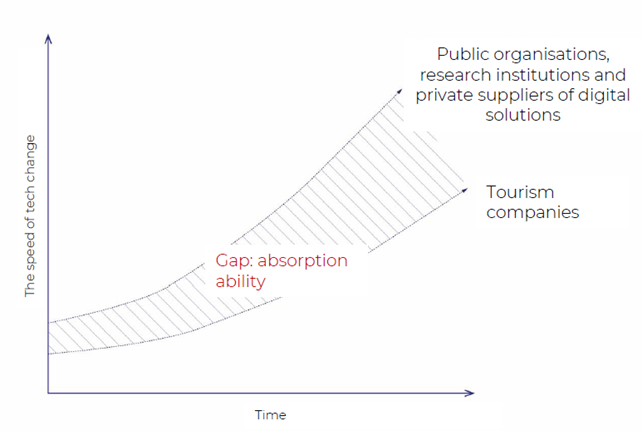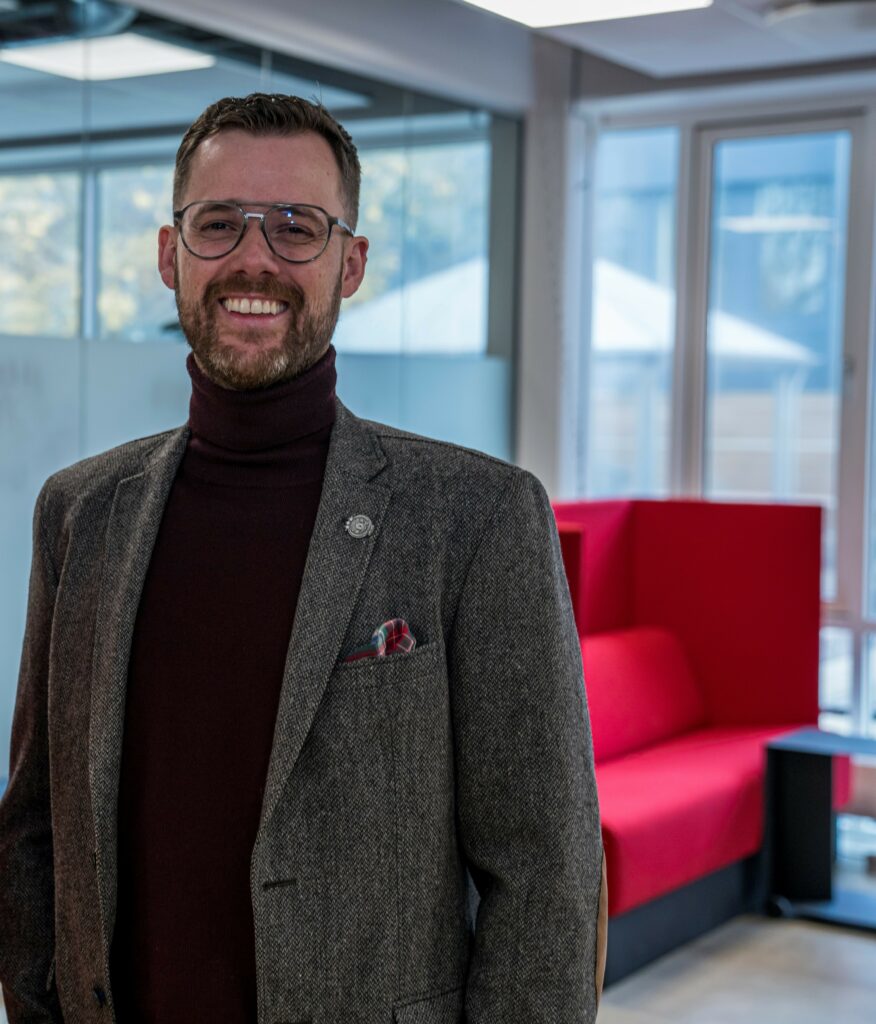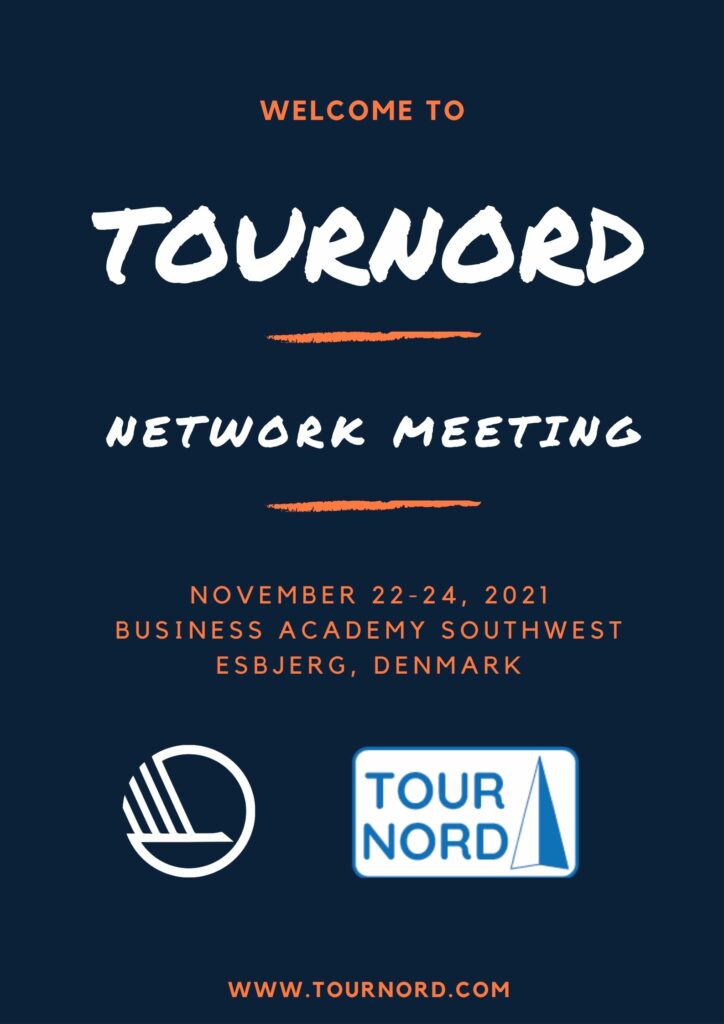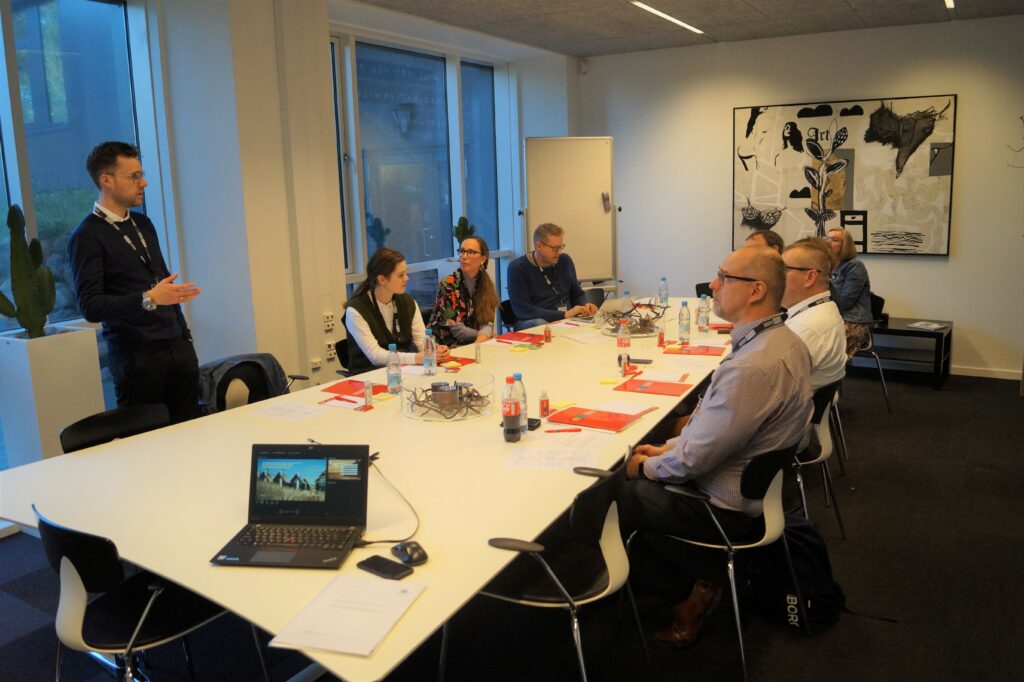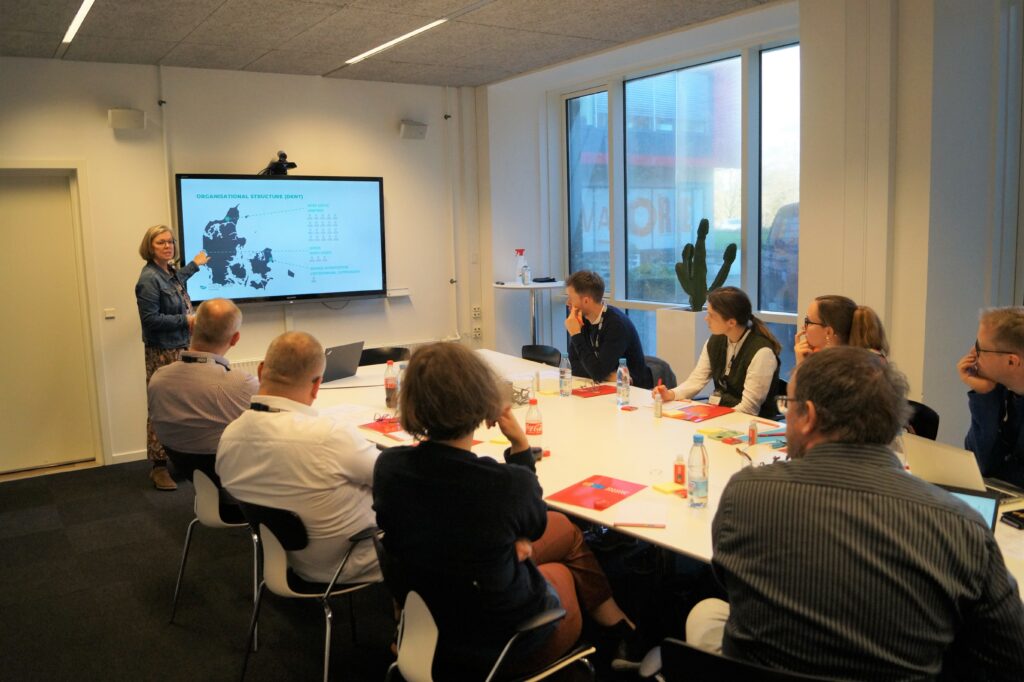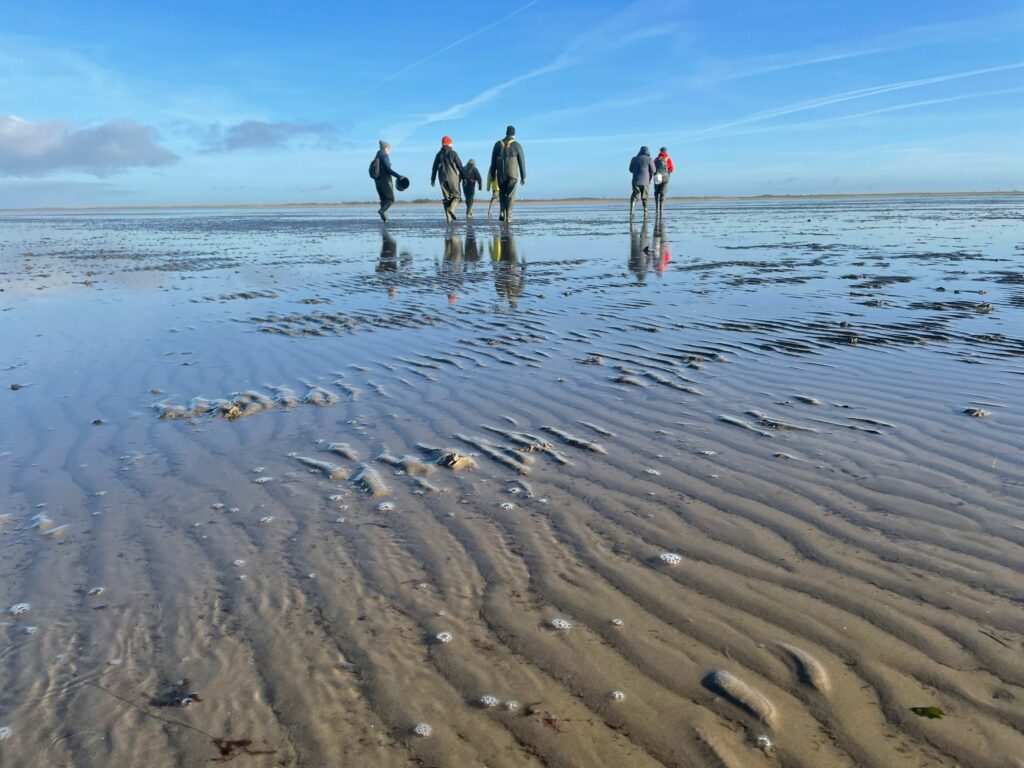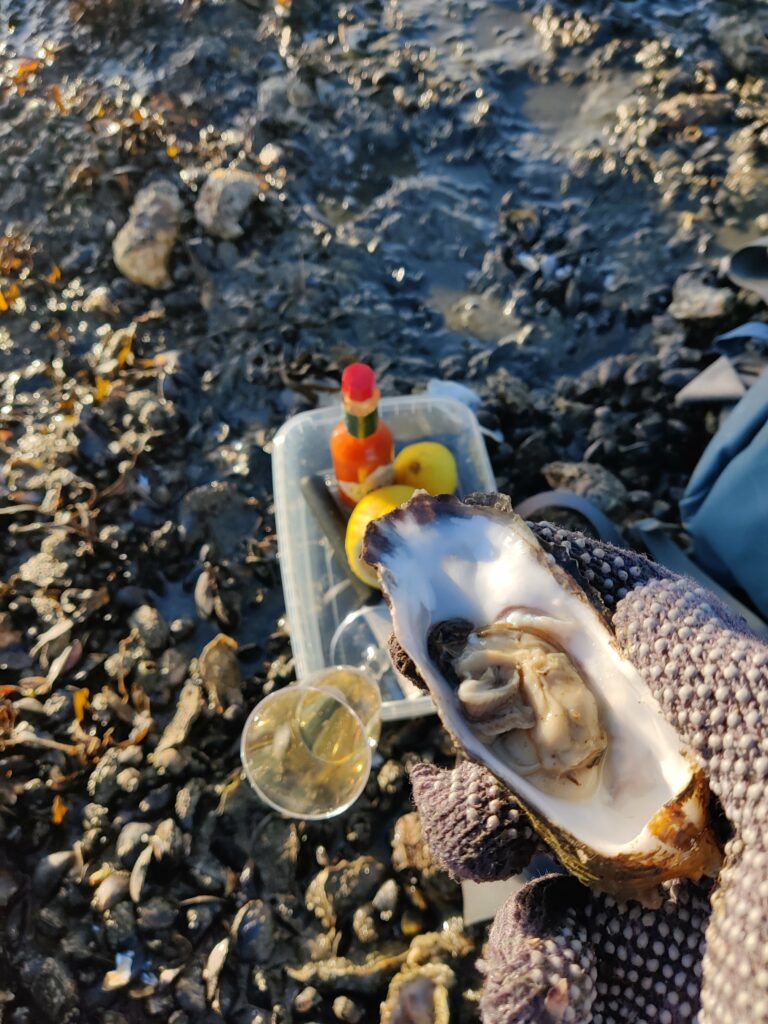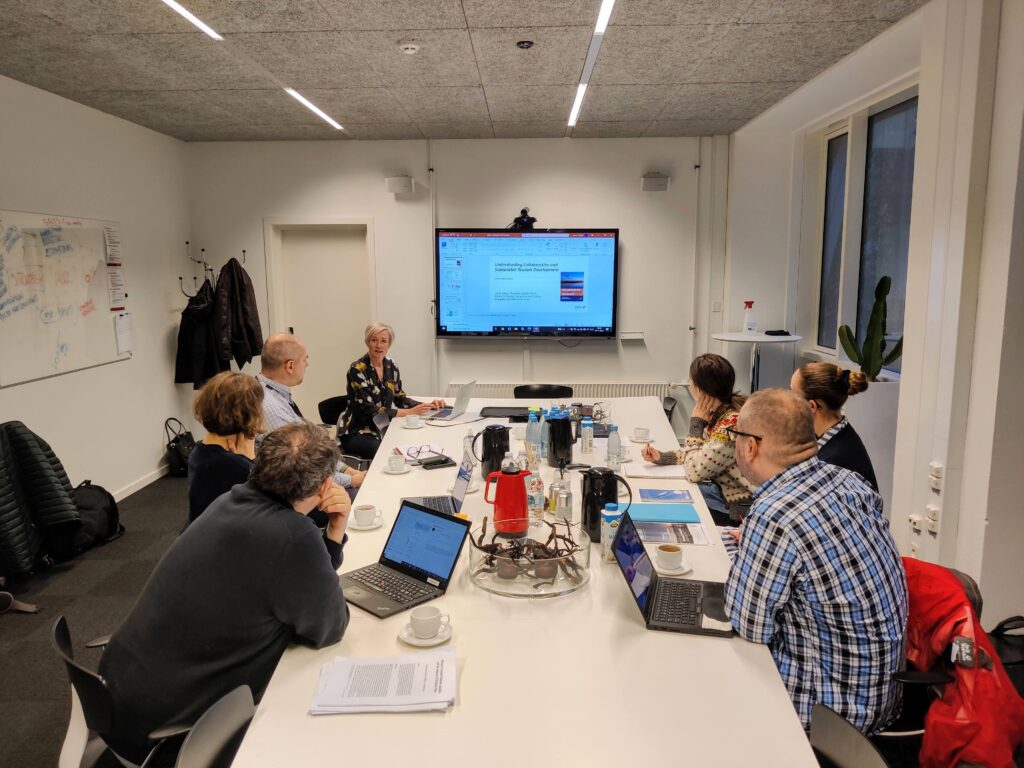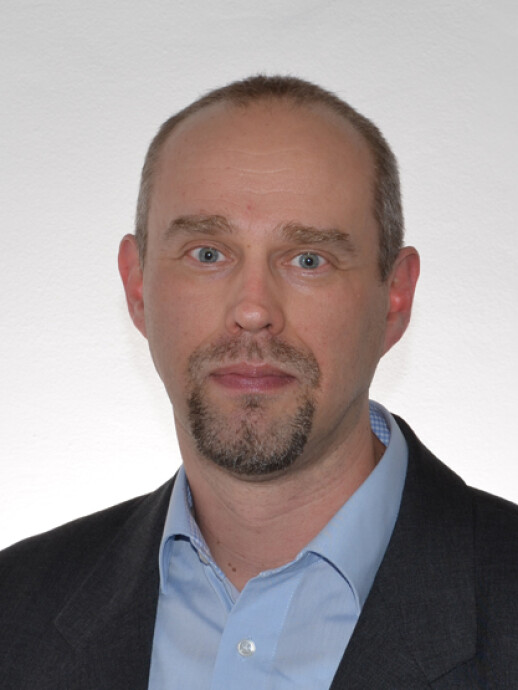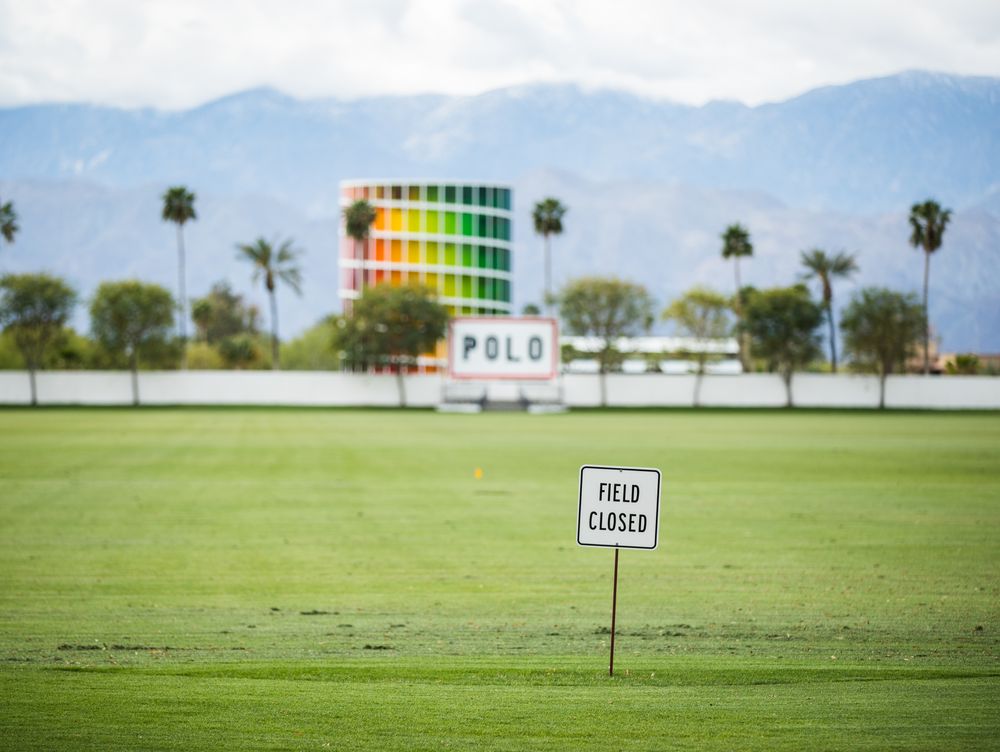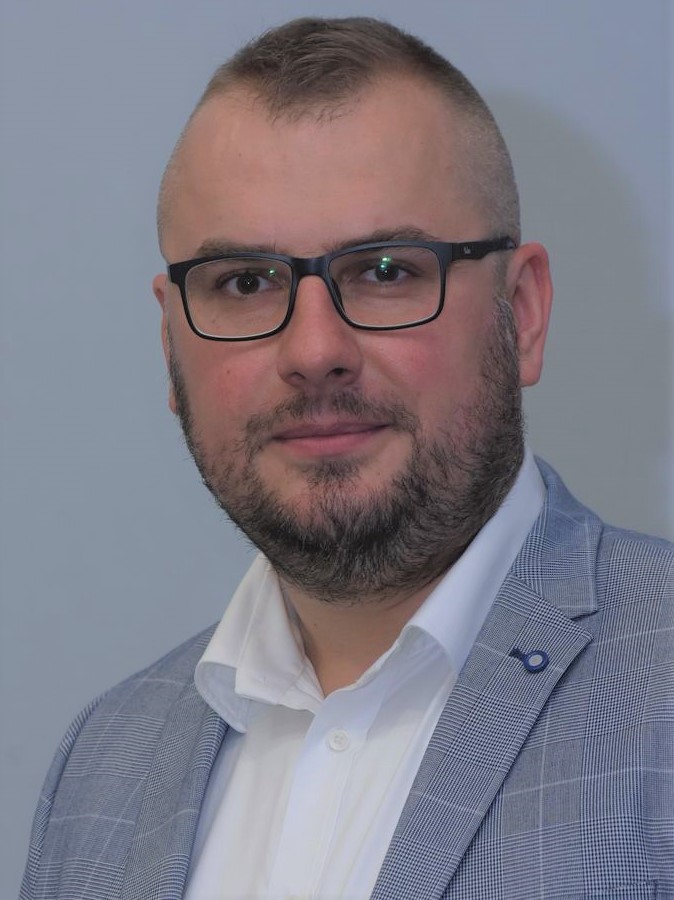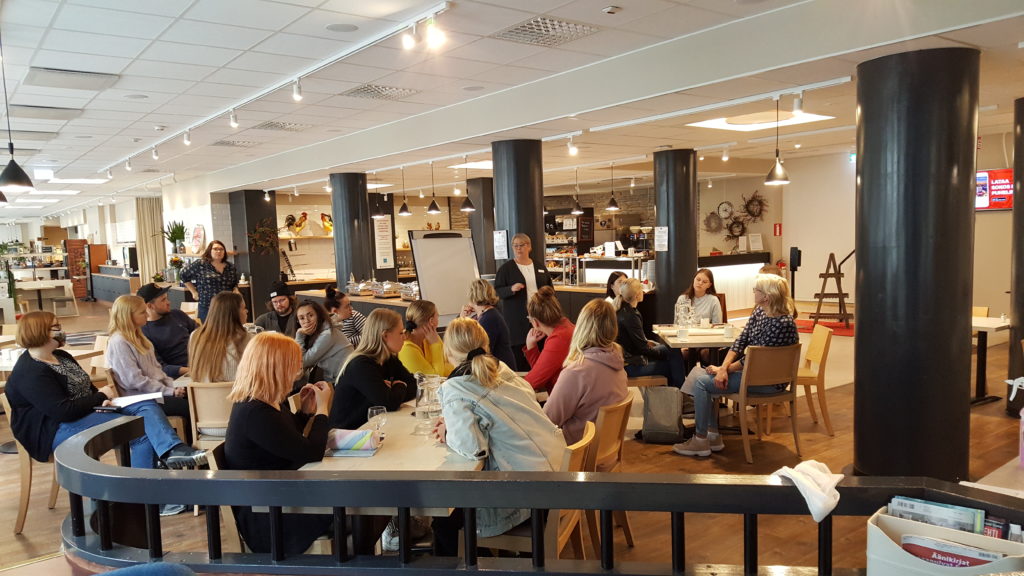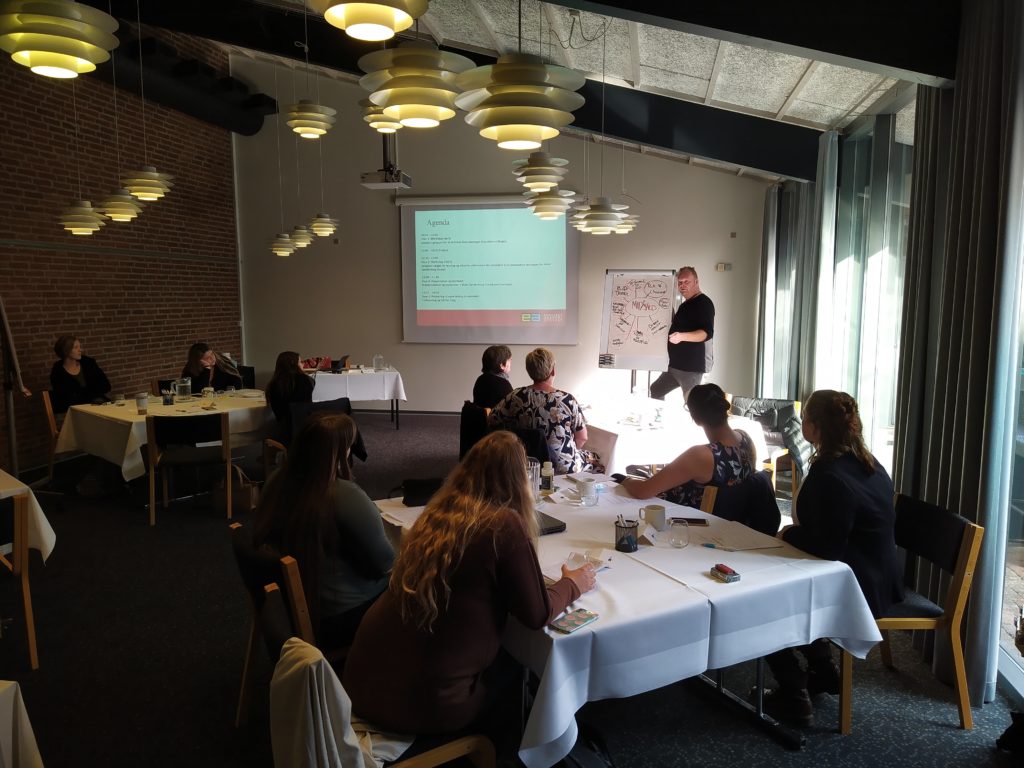Regenerative and responsible tourism were the central themes of TourNord’s 5th network meeting in Randers, Denmark on the 9th and 10th of April, 2024. Despite the weather not living up to our usual “TourNord sunshine” standards, we none the less had a fantastic program in store in Randers, where TourNord was given firsthand insights from the tourism industry on their take of destination development, sustainability, regenerative approaches and challenges, as well as working with locals and biodiversity.
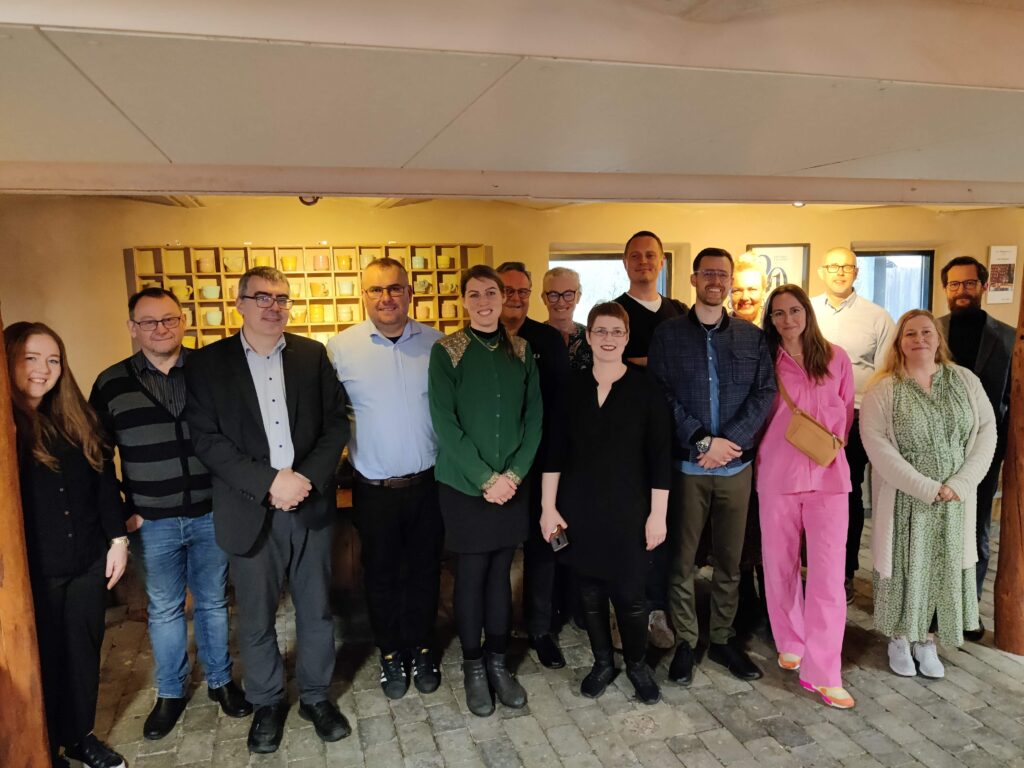
Serving as a forum for exchanging best practices and experiences for education and knowledge development within Nordic Tourism, TourNord had invited speakers from Destination Limfjorden, Visit Ærø, Cold Hand Winery, Randers Regnskov – Tropical Zoo and Dania Academy. We also had time to experience some of the tourism concepts firsthand, as well as discussing and working on our projects, future project applications and cooperation strategies. Read more below to find out what we did!
Day 1: Regenerative Tourism – how does this work alongside destination development, and what can we do as educational institutions?
After a warm welcome from Paul Aspinall from the Dania Academy and TourNord Project Lead Christian Dragin-Jensen, we received a tour of Dania’s campus, highlighting Dania Academy’s wide range of educational programs – from tourism and hospitality management, to optometry and technical design.
After an introduction of the network meeting program, we got stuck right in with our first speaker, Dania Academy’s Karla Løfquist, who came to talk to us about her research project, focusing on regenerative tourism from a Destination Management Organization perspective. We had great discussions afterwards – asking hard questions on how we approach fostering a more “sustainable” (if that is the right word) and responsible future for tourism?
Also, whether Key Performance Indicators (KPIs) based on overnight stays and economic growth are the most appropriate measurements? Or should it be based on metrics such as happiness levels, the number of new established cycling paths, and the diversity of bird species in the local forest?
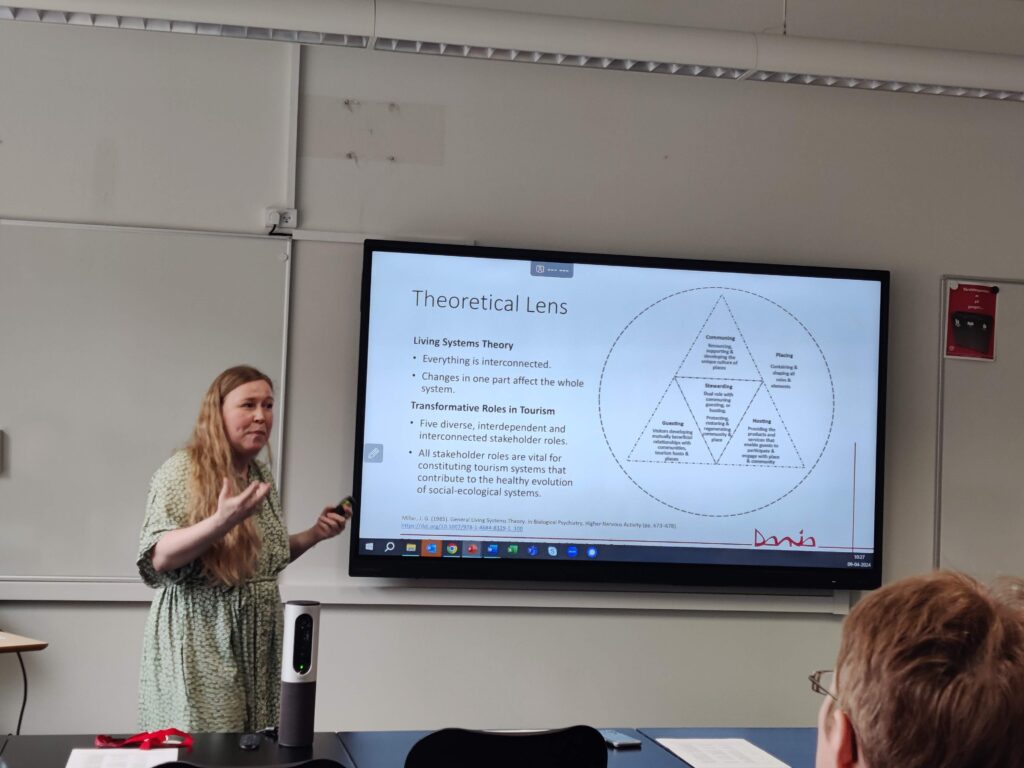
Before we could get settled for a larger discussion, , Rasmus Friis Sørensen, director of Destination Limfjorden joined us and gave an interesting speech on how their DMO were going to tackle destination development, and what he saw as critical challenges and barriers for success. It was also interesting to see the difference between the first and second presentation, where sometimes great differences lie in what is prioritized in an academic context vs. what is needed in the industry.
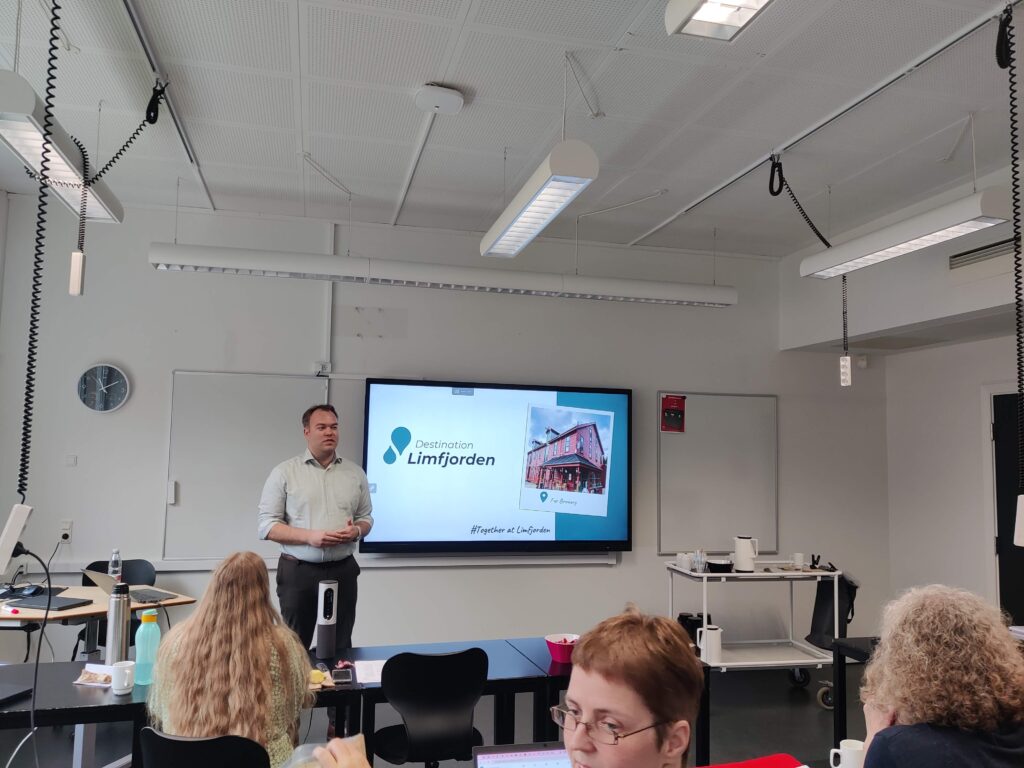
Next up was a practitioner set on implementing regenerative practices on her hometown island of Ærø – Project manager Clara-Stina Amalie Rehde Eidenert, from Visit Ærø. An interesting talk on what challenges are met when trying such an approach with local tourism actors and citizens. This talk also led to interesting discussions on how such an approach can help foster more ‘traditional’ tourism angles – such as growth in the low-season and targeting new segments (such as business tourism).
The last presentation of the day at campus was by Dania Academy’s Morten Winther Hansen – who offered us an excellent insight into how AI can both thwart and thrive sustainability competences for the tourism workforce. His research project offered novel and exciting insights into what practitioners felt the modern tourism workforce needed to have skills and competence wise – particularly with regards to AI and sustainability.
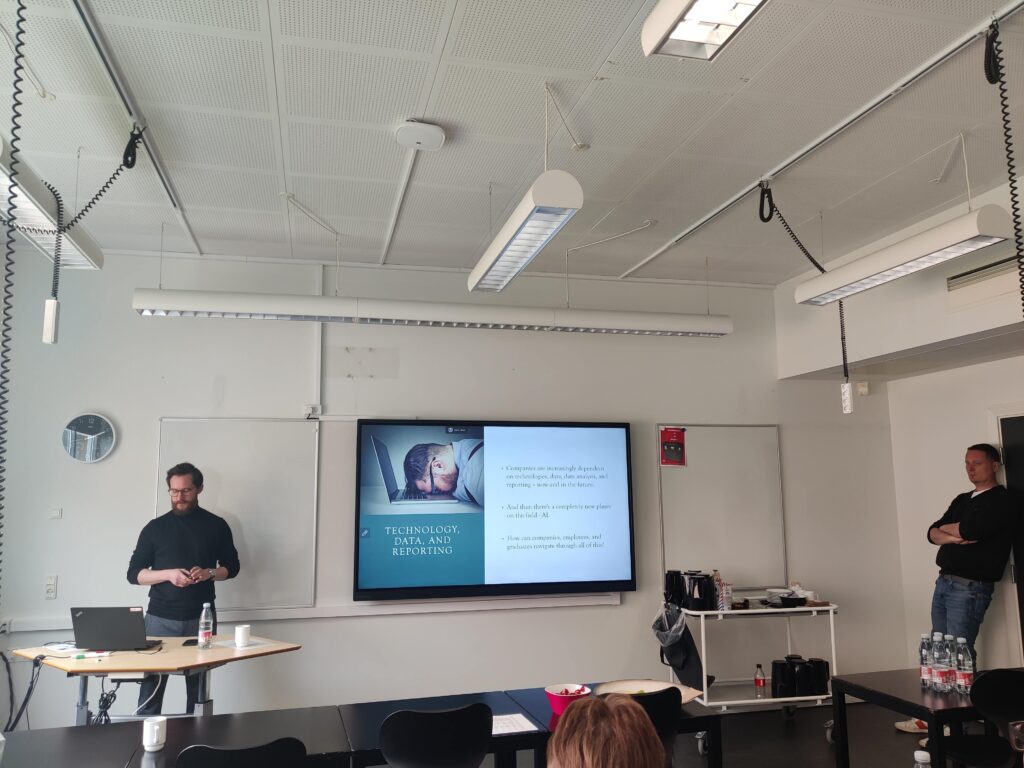
Towards the evening, we had a wonderful excursion to Cold Hand Winery, where we received both an exquisite dinner and tasting from the legendary entrepreneur Jens Skovgaard, who loved to come and tell us about how his passion for apples has grown into a successful business of making more than 100.000 bottles of fruit wine a year. Equally fascinating, was his dedication to a good story and a drive for excellence, which has resulted in many Michelin-starred restaurants using his wine – recently none other than world’s best restaurant – Geranium in Copenhagen!
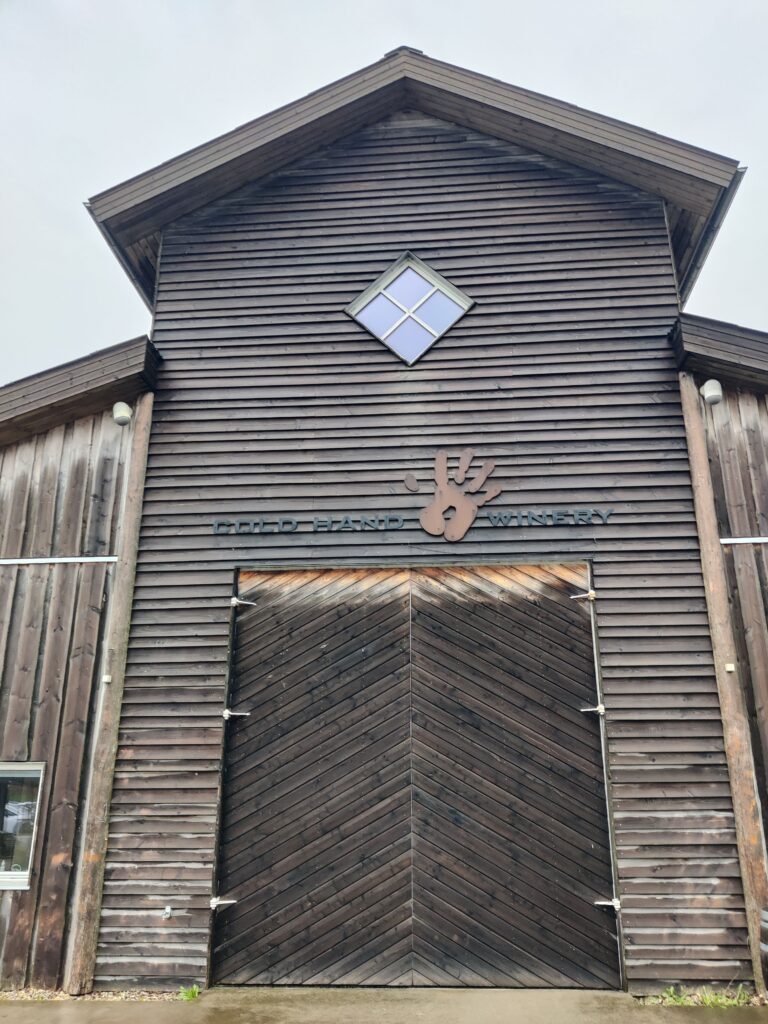
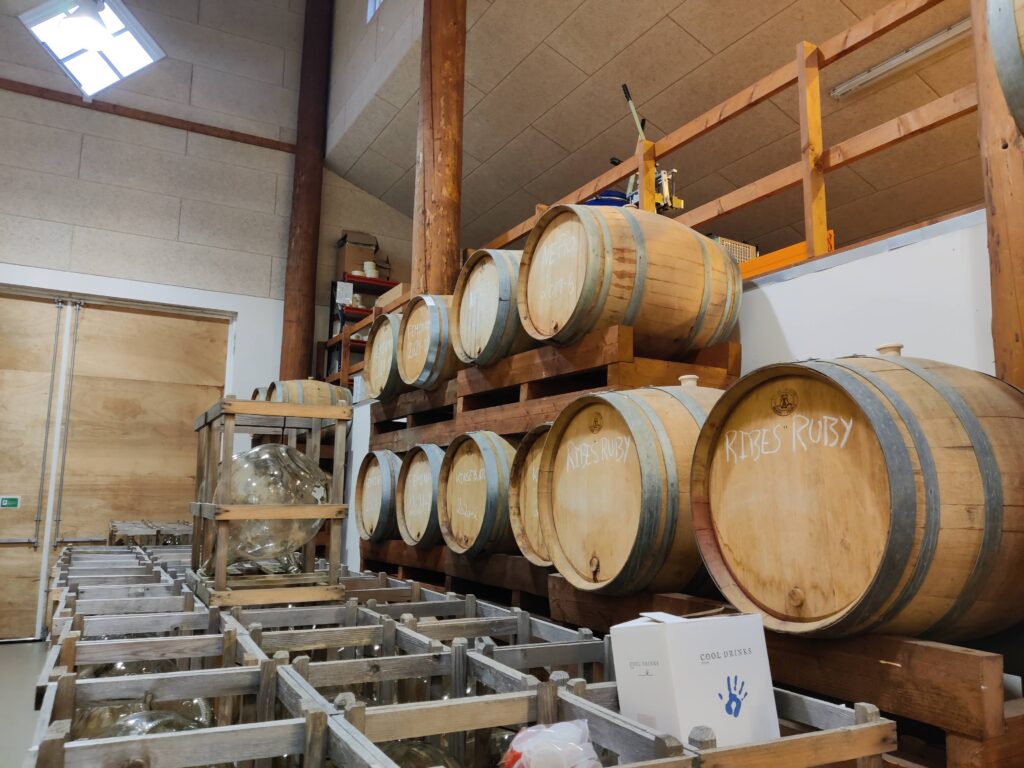
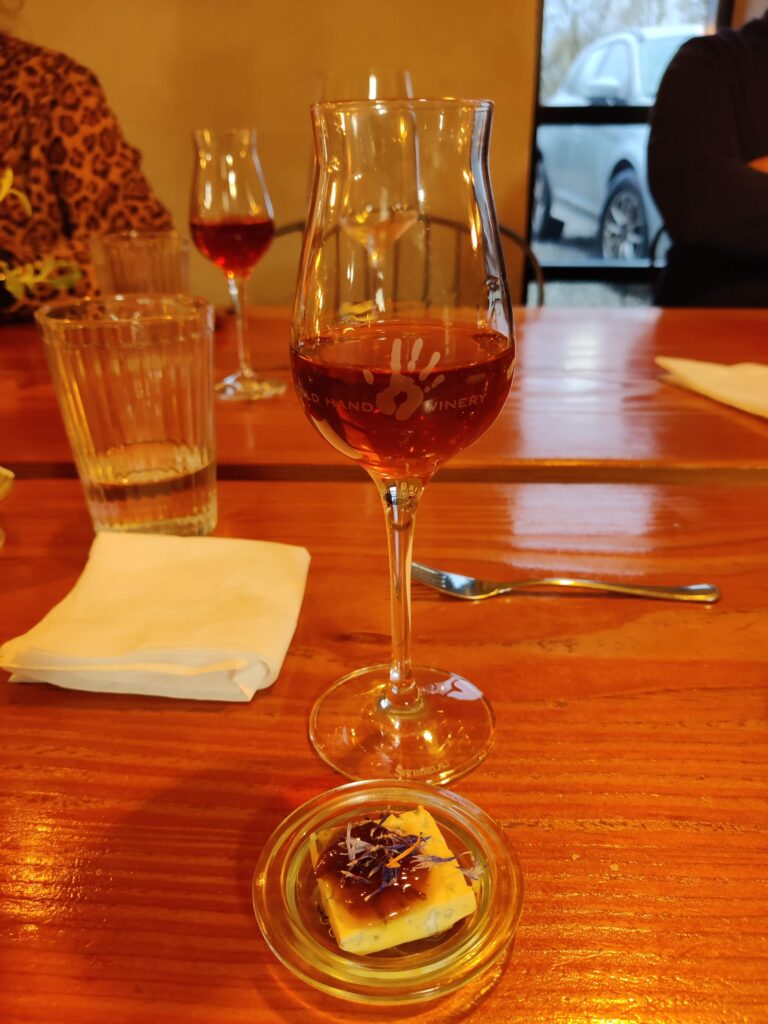

Day 2: Project Work, looking forward, and an excursion to Randers Regnskov – Tropical Zoo
After a good night’s rest, we started bright and early at Randers Regnskov – Tropical Zoo where we had the most amazing conference room available! Surrounded by snakes, spiders, poisonous frogs and other exotic animals, we received a fantastic presentation from Randers Regnskov on their global and local work with biodiversity, conservation and generating excitement for both adults and children about working with these important messages. Our speaker talked about – rightly so – that zoos in the past had a dark history of contributing to habitat and wildlife population loss, but now have become a critical part in ensuring species and habitats are conserved and cared for. It was therefore interesting to hear Randers Regnskov’s take on blending biodiversity, conservation efforts, and global partnerships with tourism and the experience economy. Without necessarily realizing it, there are many elements in Randers Regnskov’s manner of working which has regenerative approaches which other tourism actors and practitioners could learn from!
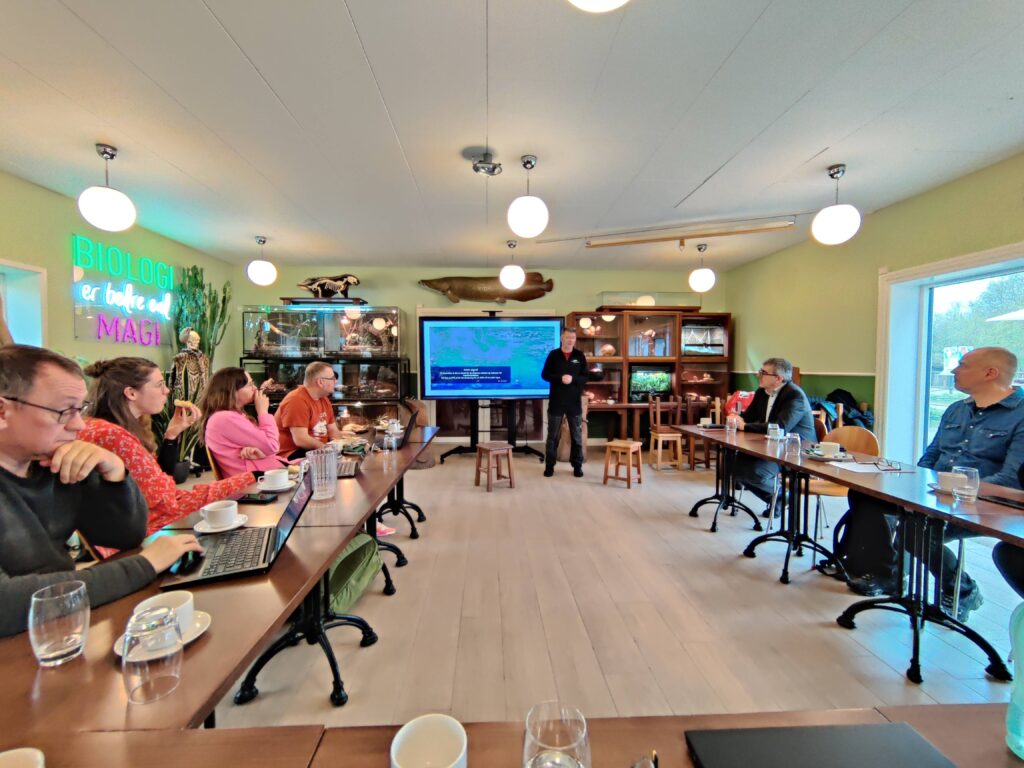
There was also time to discuss the significant process we have made on our upcoming Nordic Coastal Tourism book, as well as TourNord admin matters, and a workshop on future project applications within the group. The day was finished with a guided tour of Randers Regnskov and a lunch before we bade farewell to the group.
All the participating TourNord members would like to thank Dania Academy and its partners for their warm hospitality, and a fantastic program which ensured that our network meet serve:
1. As a forum for exchanging best practices and experiences for education and knowledge development within Nordic Tourism
2. To discover and implement innovative ways of teaching to benefit educators and students in preparing them for the current/future demands of Nordic Tourism
3. To promote & advance student/staff mobility amongst partners for learning, innovation and R&D activities within NT.
